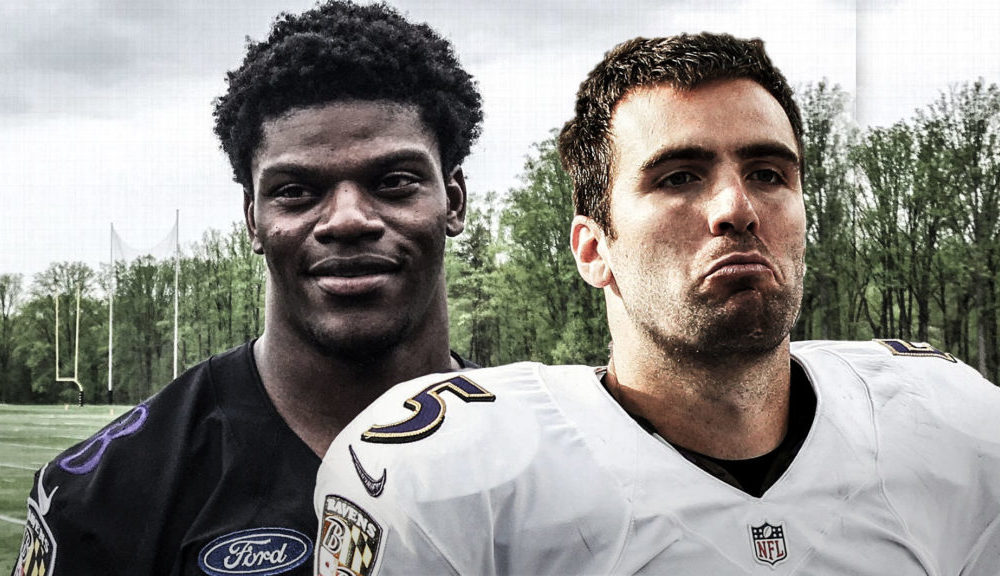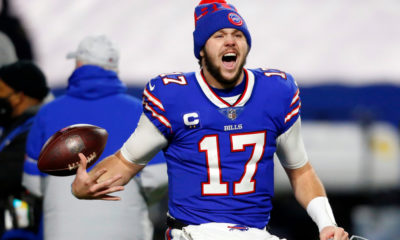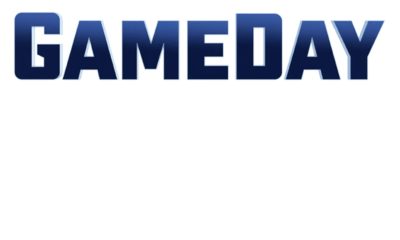
It was supposed to be better than this.
After an underwhelming 2017 offensive campaign, the Baltimore Ravens spent much of the offseason retooling their receiving corps. They added three respected veteran wideouts and drafted the NCAA’s consensus top tight end. They supplied young depth to their offensive line. They vowed to employ the running game early and often, if only to set up their trademark play-action passing game.
And here in week 9, they’re 4-4 and struggling for respectability. Know where they were at this time in 2017? That’s right – 4-4 and struggling for respectability.
Has anything really changed?
Well, sure. The defense has been very good for the most part, having secured a number one ranking despite not yet having a bye week. There’s been some fun moments, like their 11-sack shutout against the beleaguered Titans and their week 1 decimation of the Bills. There was a satisfying, albeit unexpected, week 4 win in Pittsburgh. There have been times the offense has looked as good as they’ve been touted to be, with quarterback Joe Flacco distributing the ball evenly to new and old targets. They’ve certainly shown they can score points and defend against lesser teams.
But again, what’s changed? Because the results essentially match their production from last season, which was deemed a large disappointment. In the team’s most crucial area, actually, nothing has changed.
All the personnel upgrades and improvements the Ravens underwent weren’t designed to immediately fix the “most important position on the football field”, more commonly known as quarterback. Flacco, when healthy, has been the unquestioned starter for a decade, which has seen his polarizing game through many cycles of success and ineptitude.
And therein lies the problem.
The Ravens, seemingly mindful of Flacco’s shortcomings and outlandish contract, drafted Louisville’s Lamar Jackson at the end of the first round, presumably to eventually succeed him. The intended effect, supposedly, was to motivate Flacco to produce, lest he lose his spot to an equally-credentialed rookie, and if it didn’t work, at least Jackson would have a year to develop and learn the nuances of playing quarterback in the NFL.
If last weeks’ embarrassing loss to the Carolina Panthers is any indication, it ain’t working.
Look, I’ve made no secret of my disdain for Joe Flacco. I’ve written several pieces condemning the Ravens for their (repeated) financial and organizational concessions to him, all for the virtue of one improbable playoff run that resulted in an equally-improbable Super Bowl title. The argument that he deserved a wealth of riches because of the respectability he supplied for the franchise used to make sense but holds little water now, as Flacco has been in turns mediocre and dreadful since signing his first megadeal and even worse since signing an extension of that questionable deal two offseasons ago. Yes, he lost most of one season to injury and presumably played poorly the next while supposedly rehabilitating, but that’s, to be cliche, water under the proverbial bridge. So I’ll just say it, lest no one heard me the first few times…
Joe Flacco is no longer capable of being an effective starter in the NFL.
Last week, the familiar look of disinterest on Flacco’s face was available in abundance, especially in the second half of a crucial contest. He resorted to throwing off his back foot – a terrible habit that has resulted in most of his interceptions – due to his utter inability to handle pressure or simply accept incompletions. He inspires no one in the huddle, as seen in the equally lethargic responses of the receiving corps and offensive line. He’s been reduced to being a game manager – surely a derogatory term in the modern NFL – more often than not, despite the upgrades around him.
There’s a line of thinking that says it’s okay to have a mediocre quarterback as long as the skill positions around him and supporting defense is good enough to succeed despite him. This appears to be the route the Ravens were proceeding with, but in the process, they’ve miscalculated in some very basic areas.
- The offensive line depth, while better than past years, is young and unproven. This may the area that provides the dwindling number of Flacco apologists the most meat, as defensive pressure has been intense on Flacco due to myriad injuries and positional shuffling along the offensive line. I would counter this by noting that Flacco seems oblivious to pressure, often failing to react at all to defenders in his face or sightlines, which begs the question: in addition to his leaden feet and slow reaction time, is his field vision really this poor?
- The running game, which was one of the areas the Ravens chose not to address in the offseason, has been suspect and mostly ineffective. Sure, holdover starter Alex Collins has scored a few touchdowns and is very good in short-yardage situations due to his natural forward lean, but his fumbling issues don’t appear to have been resolved. Backup running back Buck Allen has been effective in spurts and adds a pass-catching dimension Collins lacks. Neither has breakaway speed, and both have had to rely on their limited ability to “push the pile”, or simply muscle through the offensive line, which, again, hasn’t played well or consistently.
The rest of the season will surely be interesting. If their current losing streak continues (two in a row so far), it’s reasonable to speculate the coaches will want to see Jackson take his first meaningful snaps as a quarterback, especially if the Ravens fall out of playoff contention. To this point, Jackson has been used sparingly and mostly as a decoy, so it would be beneficial to all to see if he’s learned anything – positive or negative – from watching Flacco. He will succeed Flacco as planned if all goes well.
The only question remaining, then, is when…


















Facebook
Twitter
RSS